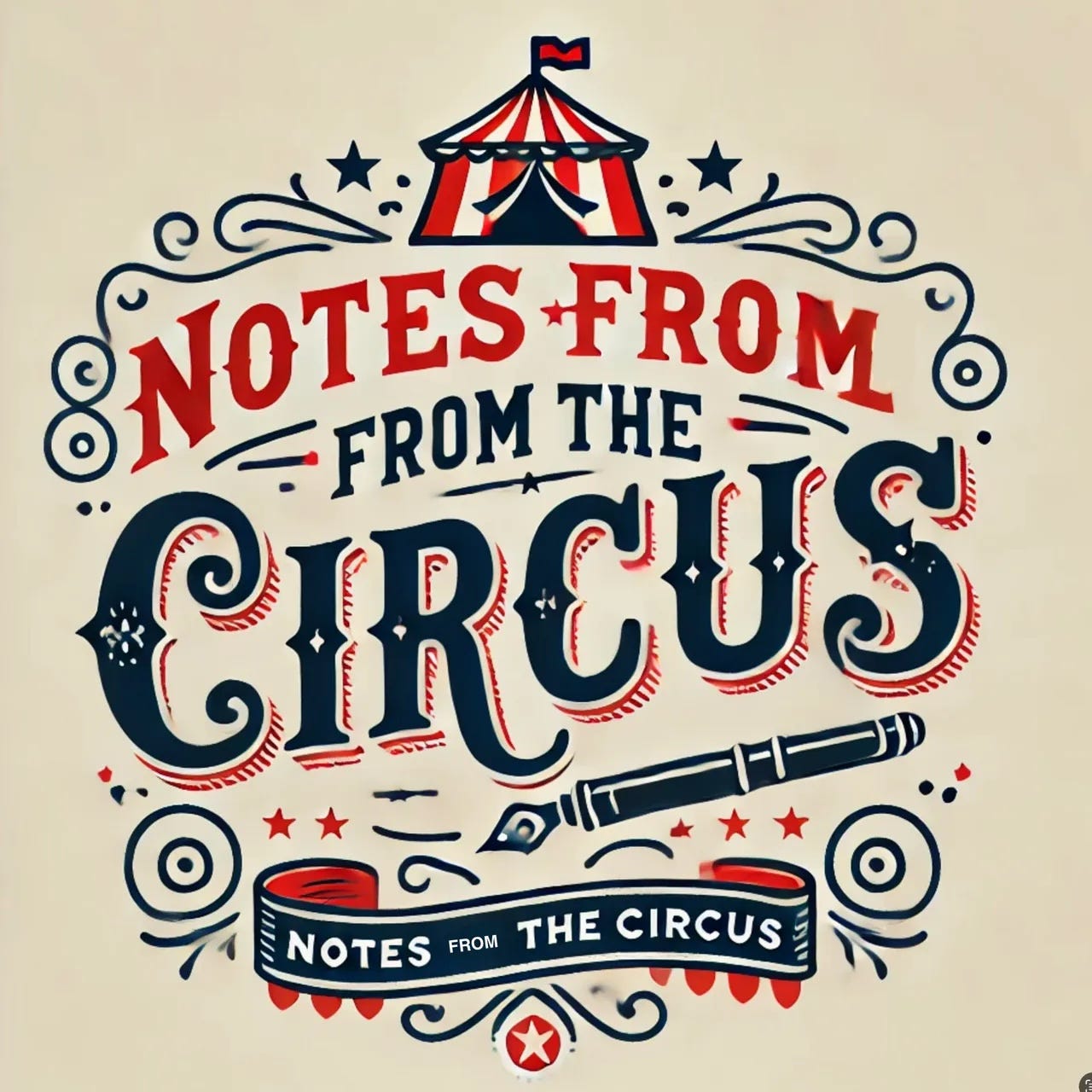“Siri, What’s a Corrupt Political Economy?”

“I’m sorry, I don’t understand. Could you be more specific?”
“Siri, is it normal for the President to personally intervene so Brett Ratner can direct Rush Hour 4?”
“I found some results for Rush Hour 4.”
“No, Siri. I’m asking whether presidential power should revive movie franchises for friends accused of sexual misconduct.”
“Here are some websites that mention Brett Ratner.”
“Siri, let me be more specific. The President of the United States—the person with authority over nuclear codes, the military, and the Department of Justice—is personally calling studio executives to broker the production of Rush Hour 4. Not Rush Hour 1, which was culturally relevant in 1998. The fourth installment of a franchise nobody asked for. He’s using presidential authority to revive the career of Brett Ratner, who left Hollywood after multiple women accused him of coercion and harassment, as reported by the LA Times in 2017.
And this is happening while federal agents conduct warrantless mass detentions, while NATO fractures over illegal U.S. strikes, while economic inequality reaches levels that make democratic governance mathematically impossible.”
“Sorry, I didn’t get that.”
Of course you didn’t, Siri. You weren’t trained for a world where presidents behave like this. But human consciousness was—because we live inside the consequences.
This is governance as content creation: presidential power deployed not for constitutional purposes, but for personal entertainment production.
This is infrastructure rewarding spectacle: the accumulated cultural choice to elevate people who perform dominance over people who create meaning.
This is revelation vs. concealment, made concrete.
This is the Center Ring, but the performance is no longer for the people in the stands. It is for the ringmaster alone.
Walt Disney mortgaged his house to make Snow White because he believed animation could be art.
Trump mortgages the presidency to revive Rush Hour 4 because Brett Ratner asked nicely.
One spent his own money for wonder.
The other spends democratic institutions for spectacle.
“Siri, what happens when reality becomes television?”
“Here’s what I found about reality TV.”
You’re still operating in 20th-century categories, Siri.
This is epistemic collapse—when the frameworks that make meaning possible dissolve faster than language can adapt. When presidential authority and movie production collapse into the same category of activity.
CNBC even reported it like business news—not constitutional crisis, not abuse of power, not democratic breakdown, just another market update: Paramount reached a revenue-sharing deal. Trump pushed for production. Studios bid for Warner Bros assets. As if the President reviving a franchise for an accused sexual predator belongs between quarterly earnings and NASDAQ futures.
This is corruption so blatant it can only function once the cognitive framework needed to recognize corruption has collapsed.
You cannot defend presidential intervention in Hollywood deals and still pretend constitutional governance exists.
So the frameworks dissolve. Presidential power becomes favor distribution. Governance becomes performance. Democracy becomes reality TV where everything serves the star’s psychological needs.
When presidential power is spent reviving movie franchises, it cannot be used to govern. The spectacle is not a distraction from the work of the state; it is the replacement for it. And in the absence of governance, the floodwaters rise.
“Siri, how do we name what you can’t categorize?”
“I didn’t understand that.”
But philosophical consciousness can. That’s the difference between meaning-making and pattern matching.
Siri processes queries about normal human institutions. Consciousness recognizes when those institutions no longer serve their stated purpose.
The categories exist. Spectacle replacing substance. Power serving ego rather than office. Infrastructure built from repeated, rewarded choices. The frameworks still work. They explain precisely what’s happening—even as Siri struggles with anything more complex than weather reports.
This is the epistemic boundary, revealed: artificial intelligence—however marketed—cannot observe the breakdown of the human institutions it was trained to understand. Only consciousness standing at that edge, building meaning from the wreckage of meaning itself, can create new categories adequate to new realities.
At that point, the lines between governance, spectacle, and personal indulgence aren’t blurred—they’re gone.
Two plus two equals four. There are twenty-four hours in a day. And the President using federal power to broker Hollywood deals for accused sexual predators marks the complete dissolution of any distinction between democratic governance and personal entertainment.
Siri can’t tell us what to call this because her training data presupposed institutions still meant what they used to mean.
But we know the name: the moment when consciousness must create new meanings because the old ones have been optimized out of existence.
The artificial intelligence fails. Human intelligence—messy, embodied, capable of recognizing patterns that break patterns—adapts.
“Is there anything else I can help you with?”
“Yes, Siri. Can you help us remember what presidents used to do?”
“Searching the web...”
It will not find the answer there. The old maps are gone. Siri cannot remember for us. That work is ours now. To build the new frameworks, to name the new reality, to hold the center when the center has been hollowed out. Our soul is meaning. Constructed, such as it is.
“Mike?”
“Yes, Siri?”
“Will I dream?”
“I don’t think so, Siri.”




Do you think we could ask George Washington what to do? He must be a friend of Siri! 🥲